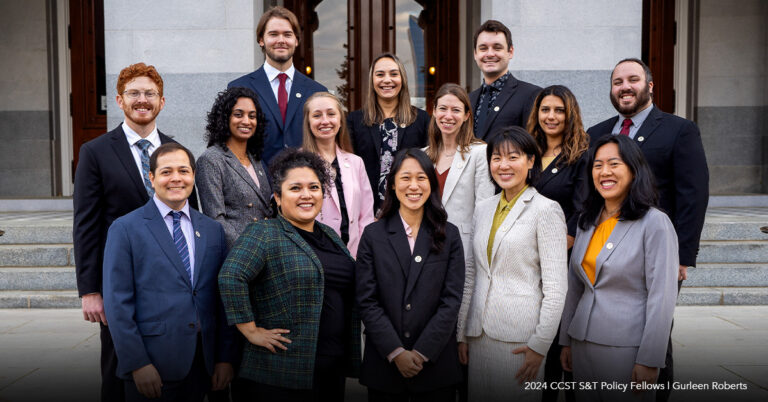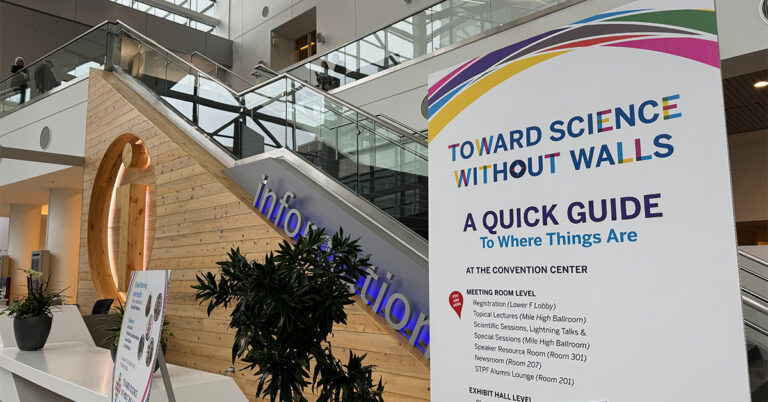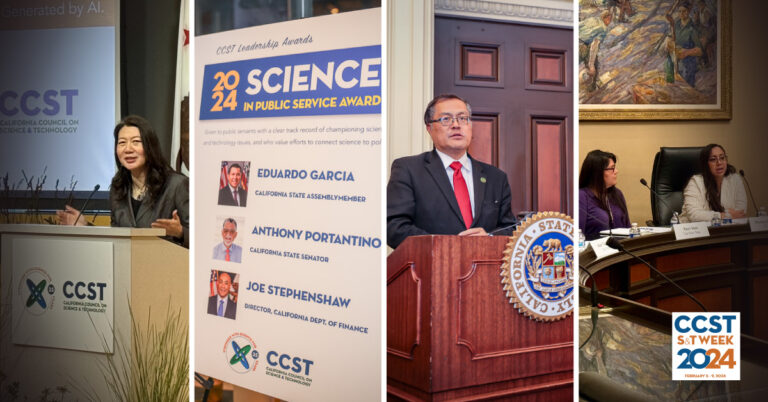Update: Applications for the CCST Science & Technology Policy Fellowship Have Closed
CCST introduces expanded class of 2020 CCST Science & Technology Policy Fellows, now placed in the Legislative and Executive Branch
January 16, 2020 | CCST Newsroom, CCST S&T Policy Fellows, Press Releases | Contact: Jeffery Song
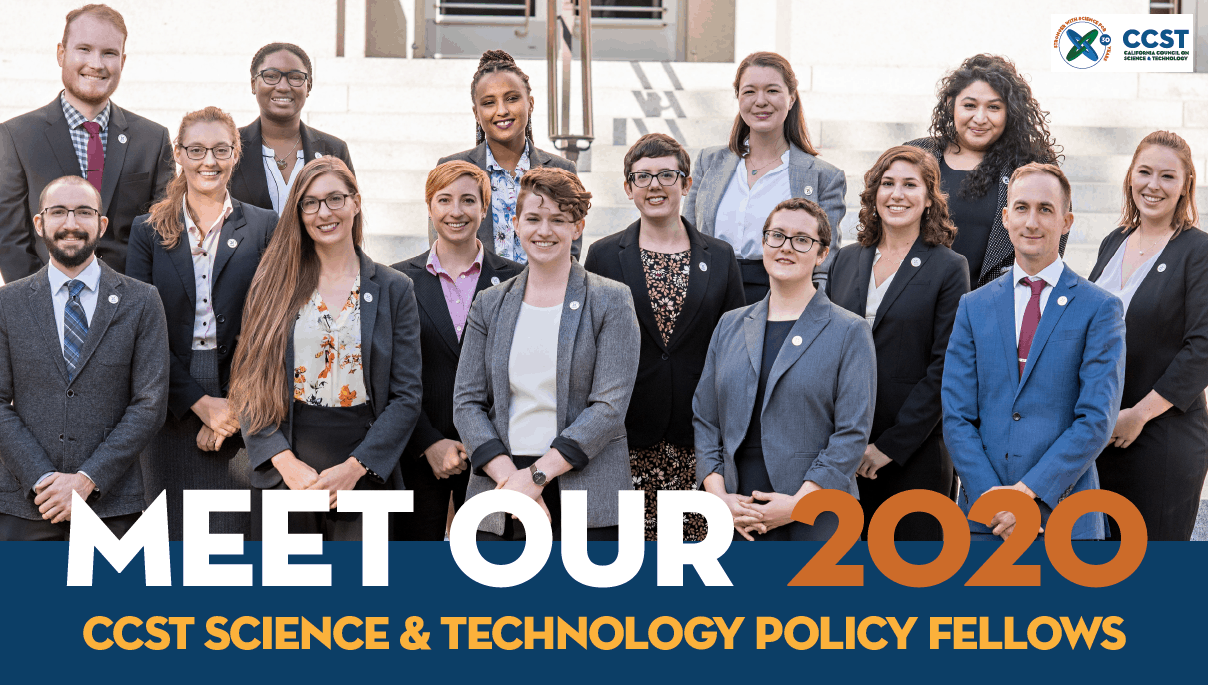
Interested in becoming a CCST Science & Technology Policy Fellow? CCST is currently accepting applications for the 2021 class year until March 1st.
SACRAMENTO, CA—We are proud to introduce the 2020 Class of CCST Science & Technology Policy Fellows — a program that trains scientists and engineers for careers in public policy, while helping to equip California’s decision makers with science-savvy staff.
This year, the CCST Science Fellows class was expanded to 15 fellows and, in a historic first for the program, five CCST Science Fellows were placed in the Executive Branch working in California State Agencies and the Governor’s office. This is in addition to the 10 CCST Science Fellows who were placed in the California State Legislature and are working in policy committees and member offices.
The expansion of the fellowship program was made possible by a major investment from the State of California—championed by the California State Legislature and approved by Governor Newsom—as well as continued philanthropic support.
Our 2020 CCST Science Fellows have completed PhD research at the likes of UC Berkeley, UC Davis, UC Irvine, UCLA, UC San Diego, UC Santa Barbara, University of Washington, University of Utah, Cornell University, Harvard University, Penn State University, Emory University, University of Florida,University of Virginia, and the Rockefeller University.
Their technical expertise spans fields including the use of plants to learn about atmospheric pollution, materials for hydrogen fueled vehicles, crop disease, impacts of US air quality regulations, nanoparticles, efficient solar panels, effects of air pollution on pollination, how animals process odors, Alzheimer’s, novel birth control products, and antibiotic resistance genes.
These fifteen PhD scientists reported to our downtown Sacramento headquarters in November to participate in our annual “policy boot camp” — a crash course on the process, history, and landscape of California policymaking, as well as skills development and communications workshops to prepare them for the intense, dynamic pace of the Capitol policy world.
Who are these talented, passionate professionals, and which offices are they working in now?
Let’s meet our 2020 CCST Science Fellows:
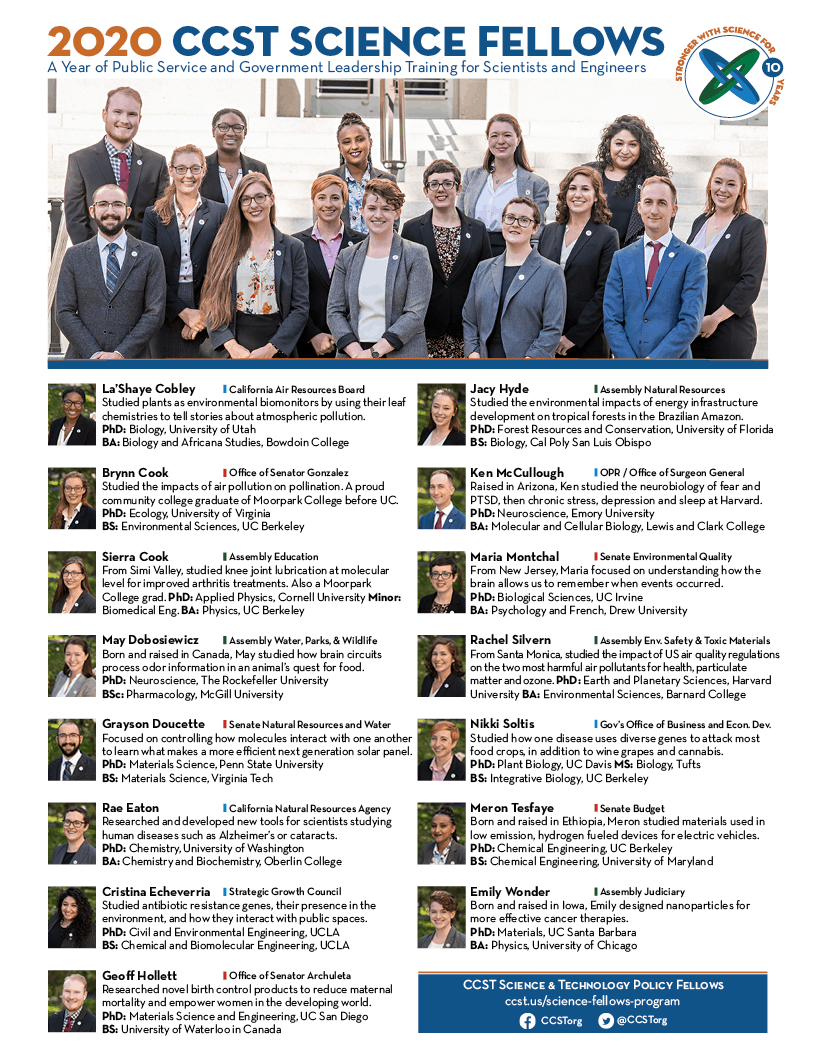
La’Shaye Cobley | California Air Resources Board
PhD: Biology, University of Utah
Brynn Cook | Office of Senator Gonzalez
PhD: Ecology, University of Virginia
Sierra Cook | Assembly Education Committee
PhD: Applied Physics, Cornell University
May Dobosiewicz | Assembly Water, Parks, & Wildlife Committee
PhD: Neuroscience, The Rockefeller University
Grayson Doucette | Senate Natural Resources and Water Committee
PhD: Materials Science, Penn State University
Rae Eaton | California Natural Resources Agency
PhD: Chemistry, University of Washington
Cristina Echeverria | Strategic Growth Council
PhD: Civil and Environmental Engineering, UCLA
Geoff Hollett | Office of Senator Archuleta
PhD: Materials Science and Engineering, UC San Diego
Jacy Hyde | Assembly Natural Resources Committee
PhD: Forest Resources and Conservation, University of Florida
Ken McCullough | Governor’s Office of Planning and Research / Office of Surgeon General
PhD: Neuroscience, Emory University
Maria Montchal | Senate Environmental Quality Committee
PhD: Biological Sciences, UC Irvine
Rachel Silvern | Assembly Environmental Safety & Toxic Materials Committee
PhD: Earth and Planetary Sciences, Harvard University
Nikki Soltis | Governor’s Office of Business and Economic Development
PhD: Plant Biology, UC Davis
Meron Tesfaye | Senate Budget and Fiscal Review Committee
PhD: Chemical Engineering, UC Berkeley
Emily Wonder | Assembly Judiciary Committee
PhD: Materials, UC Santa Barbara
About CCST
CCST is a nonpartisan nonprofit created via the California Legislature in 1988 to provide objective advice from California’s leading scientists and research institutions on policy issues involving science. California’s policies are stronger with science, and CCST is uniquely qualified as an expert organization, modeled after the National Academies of Sciences, to convene a statewide network of experts across disciplines and institutions.

